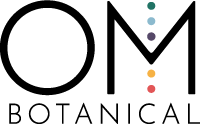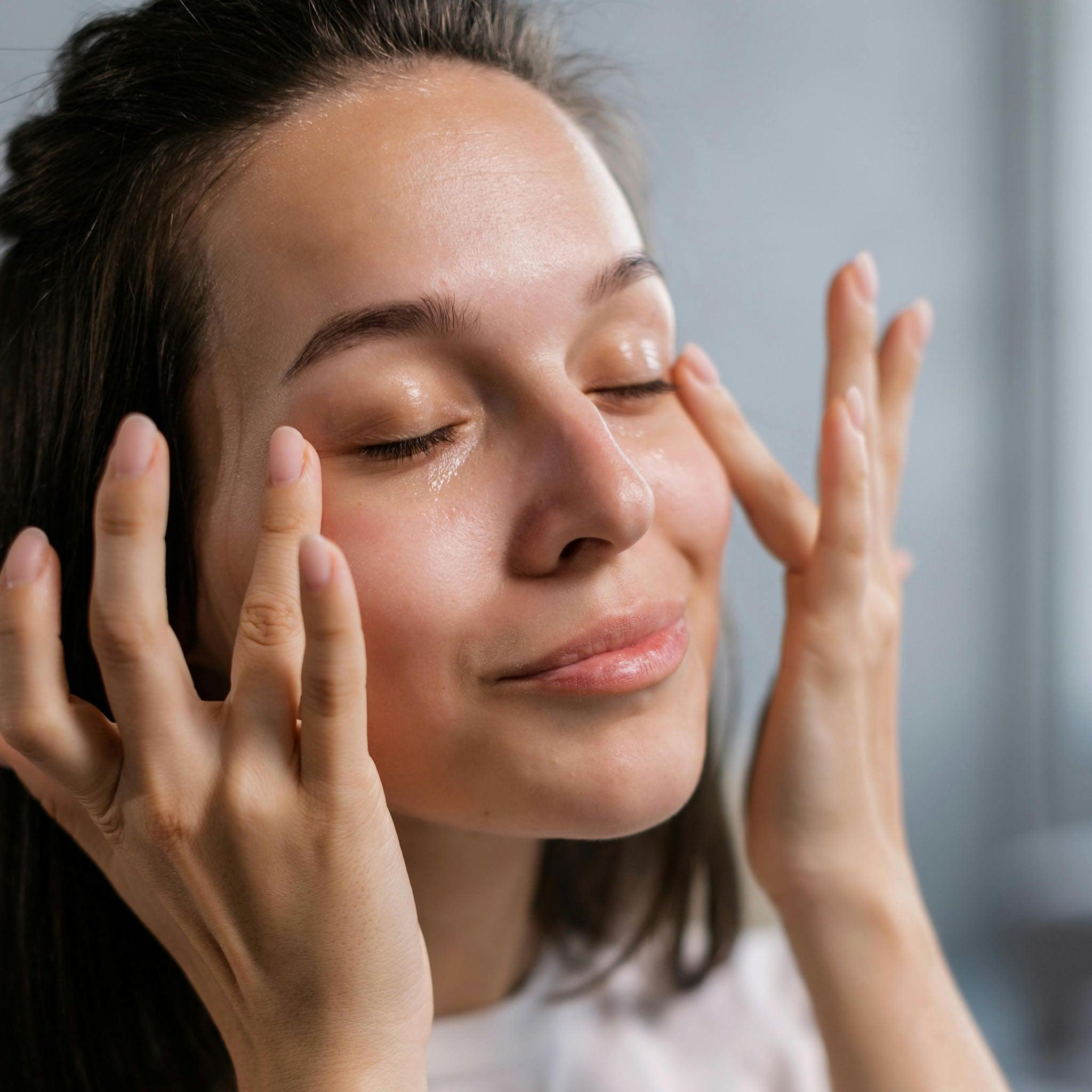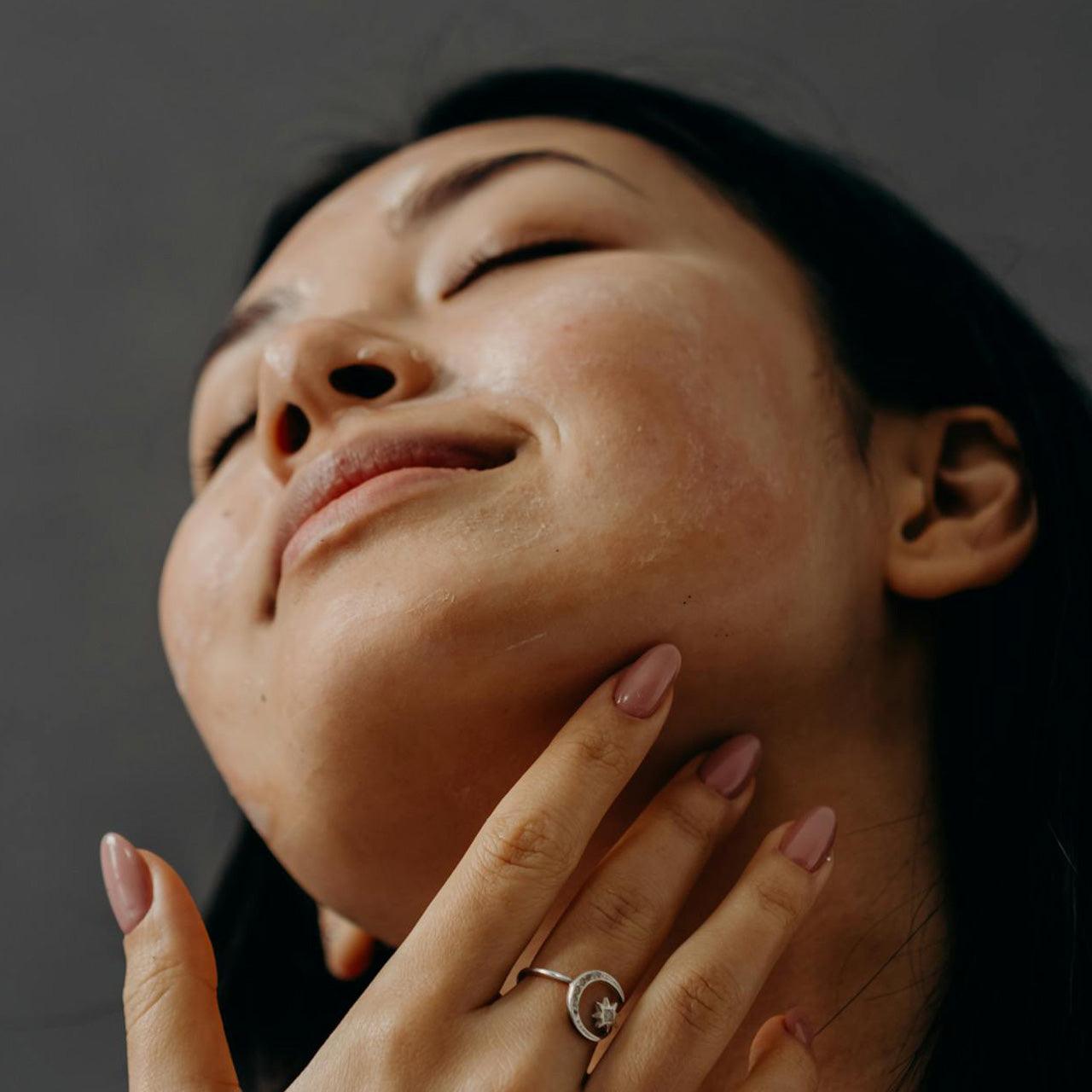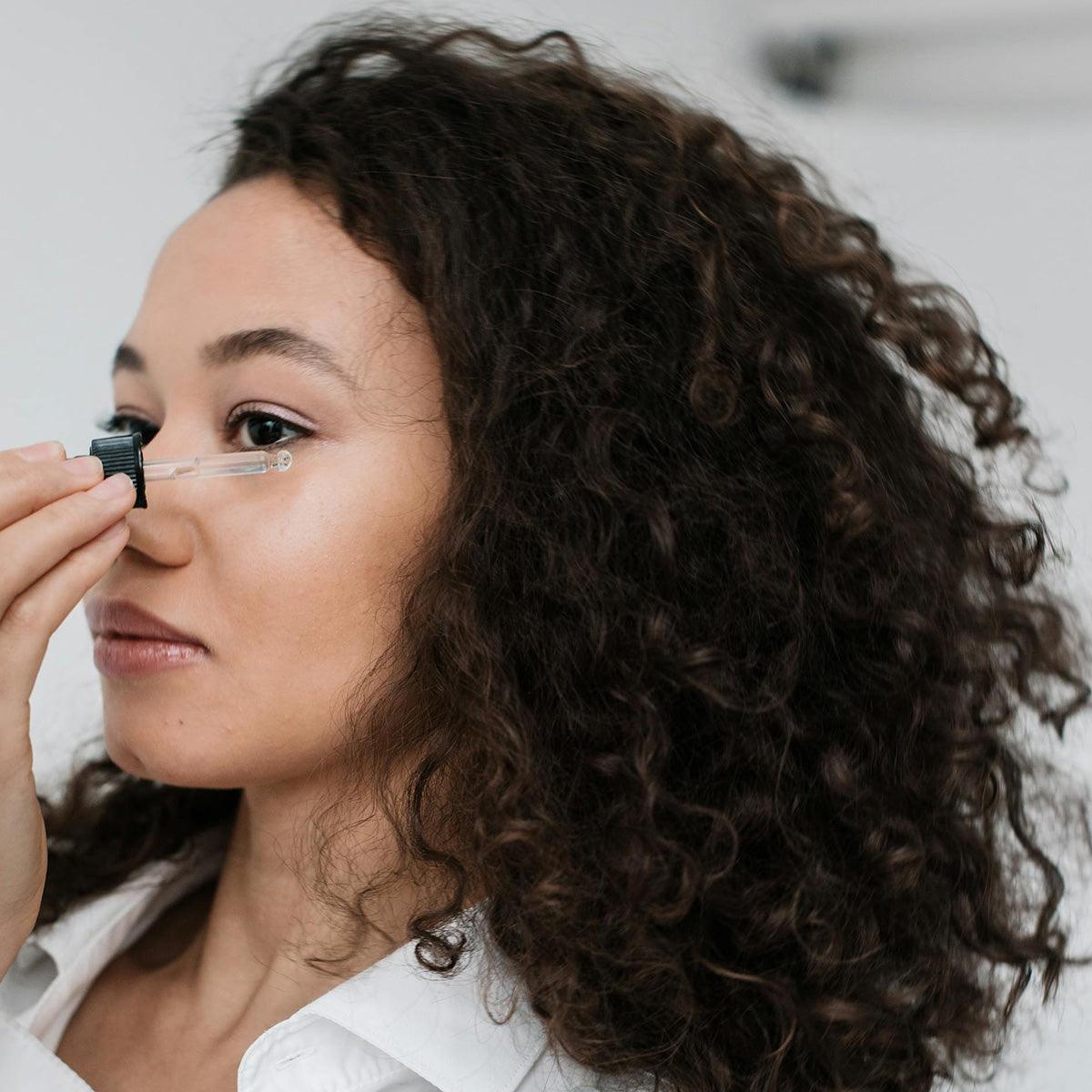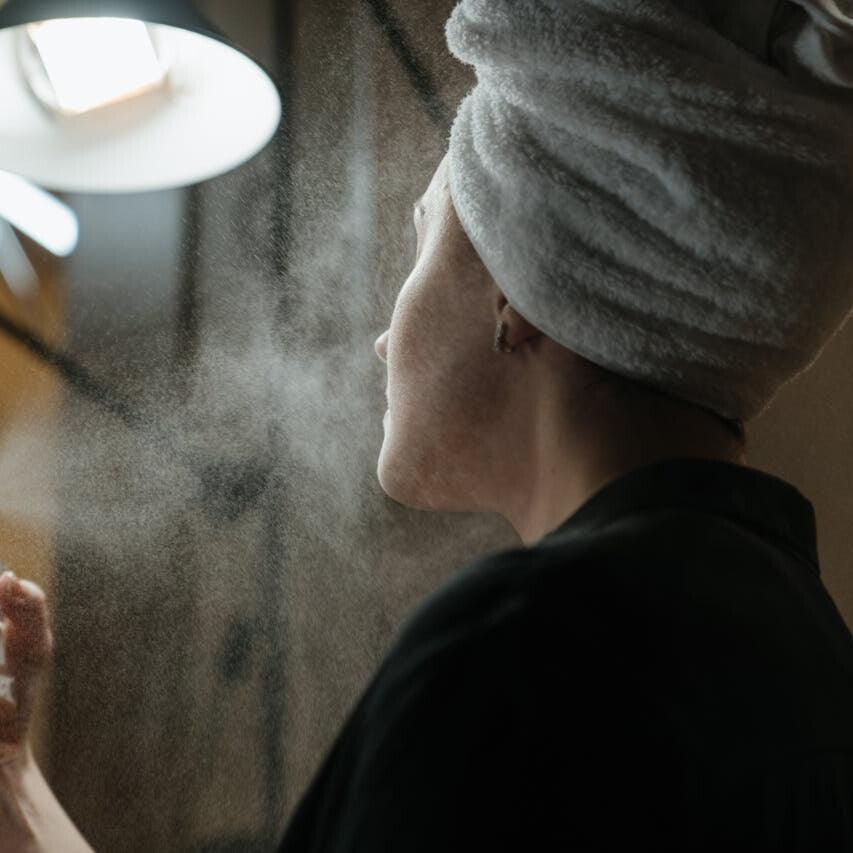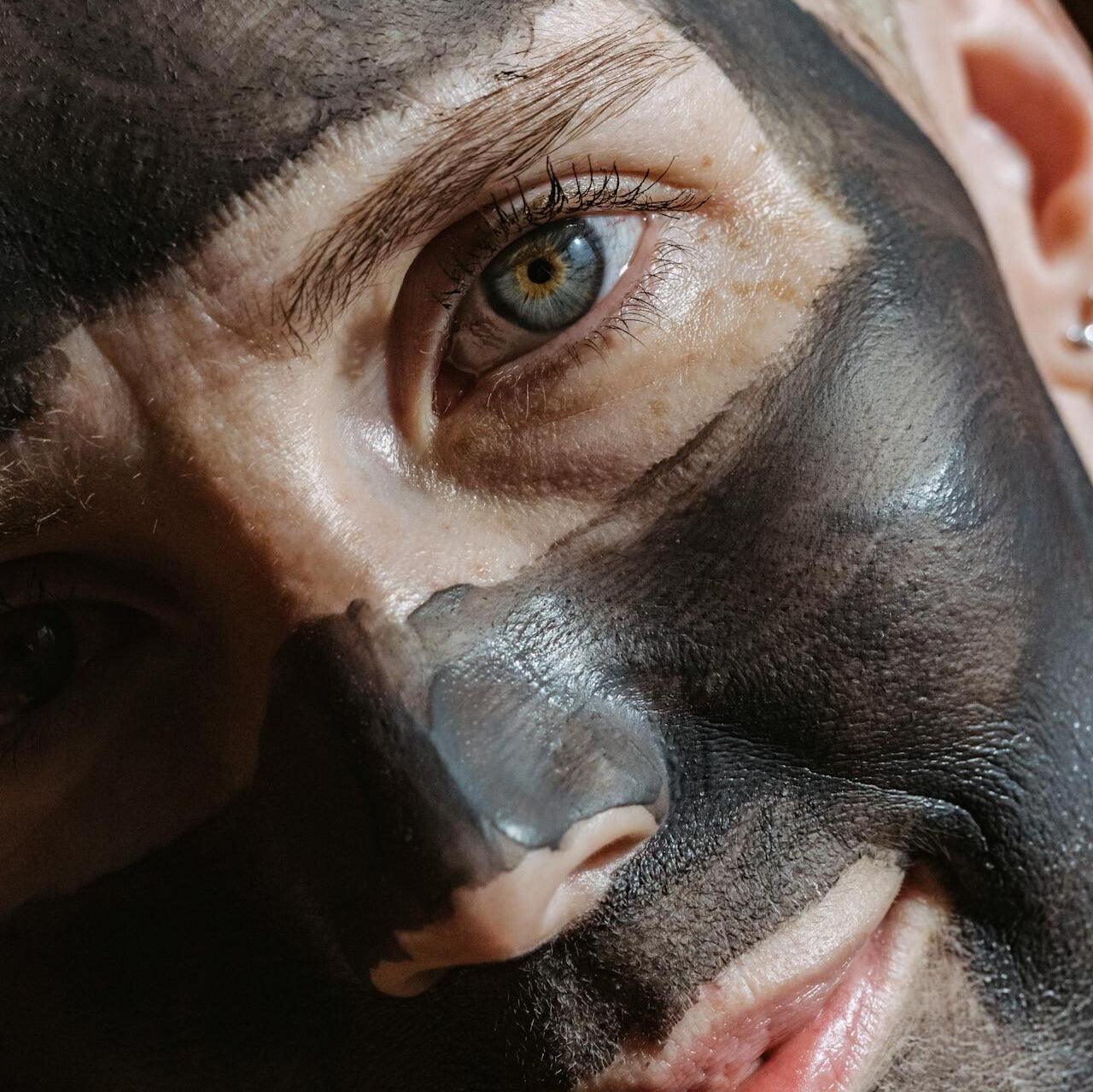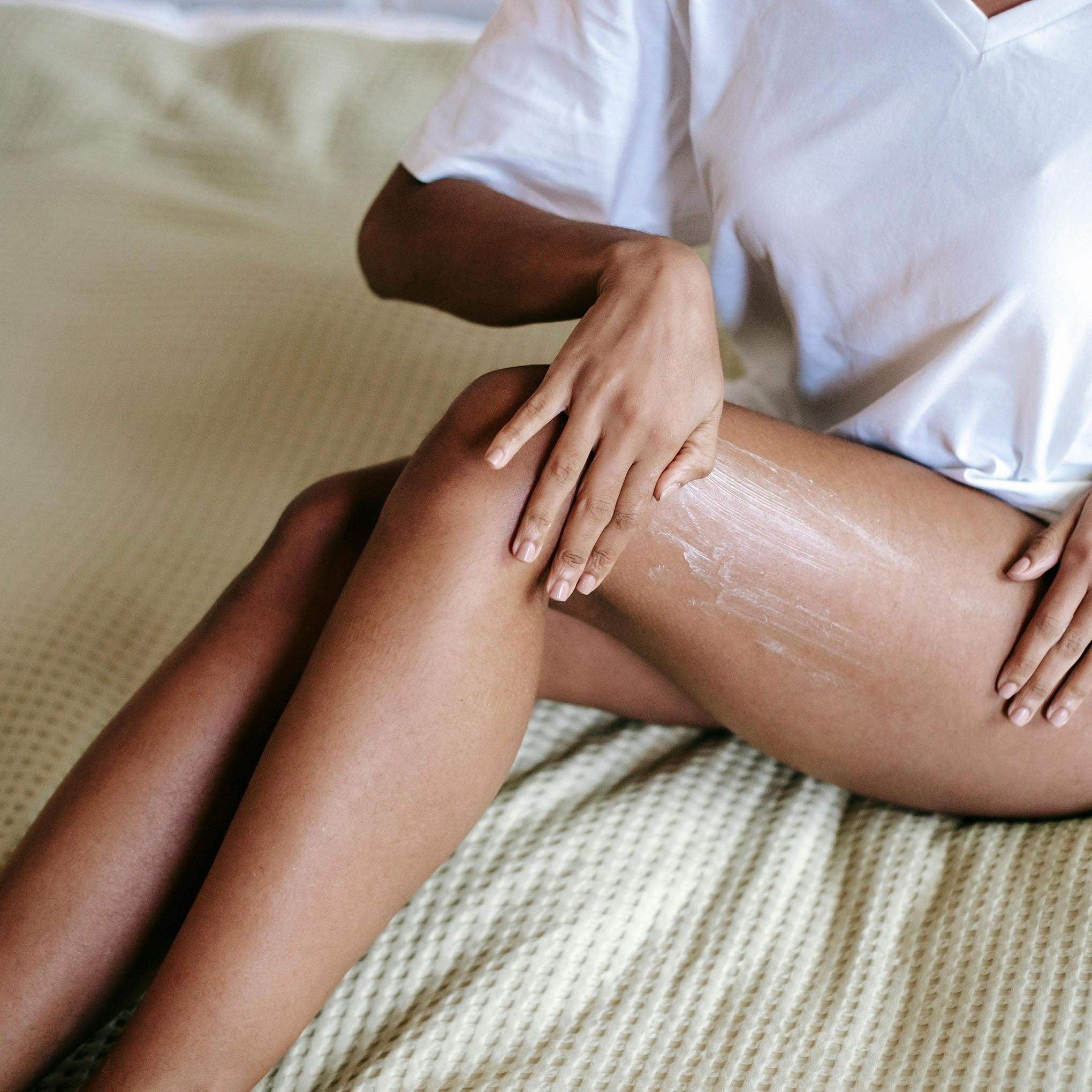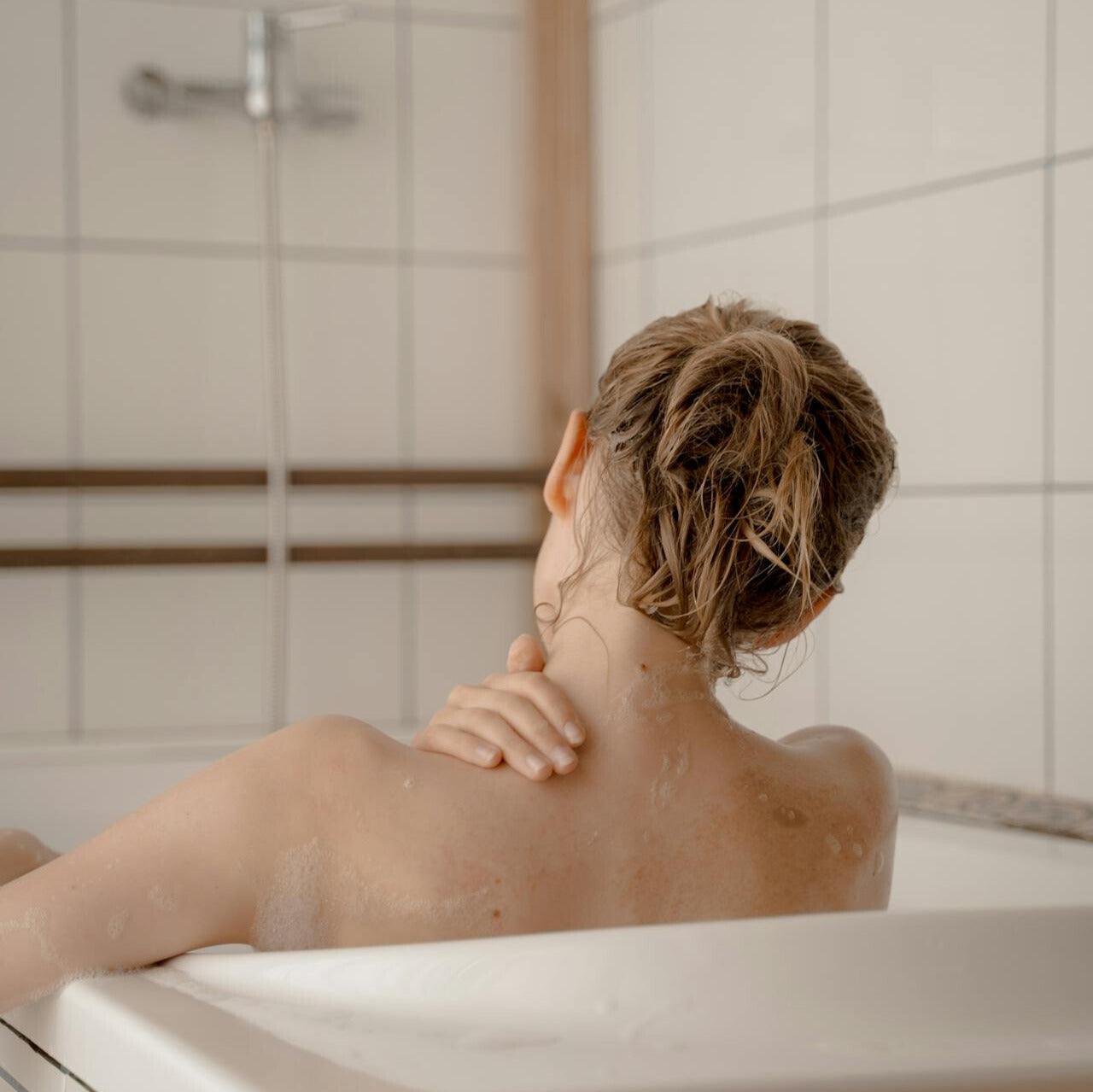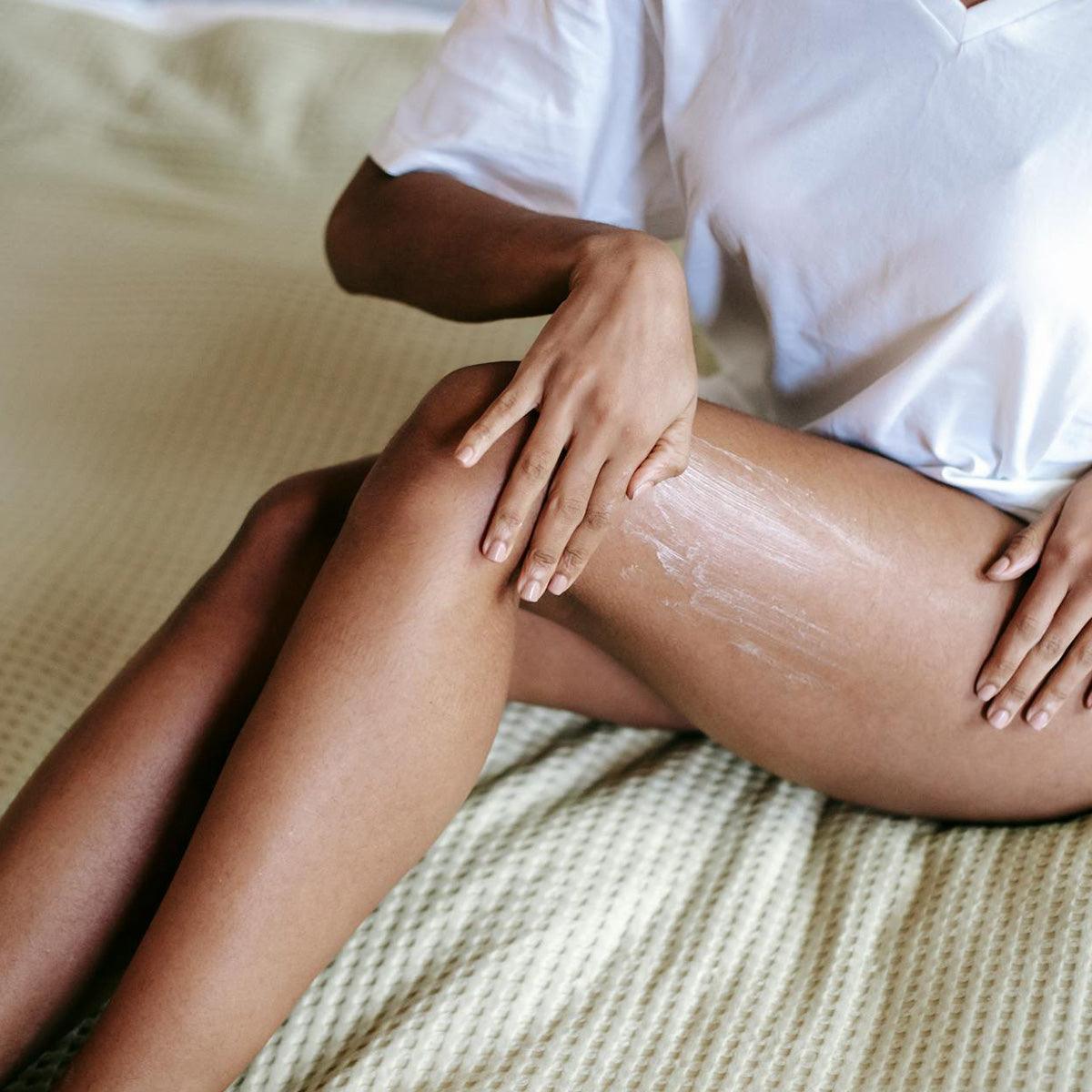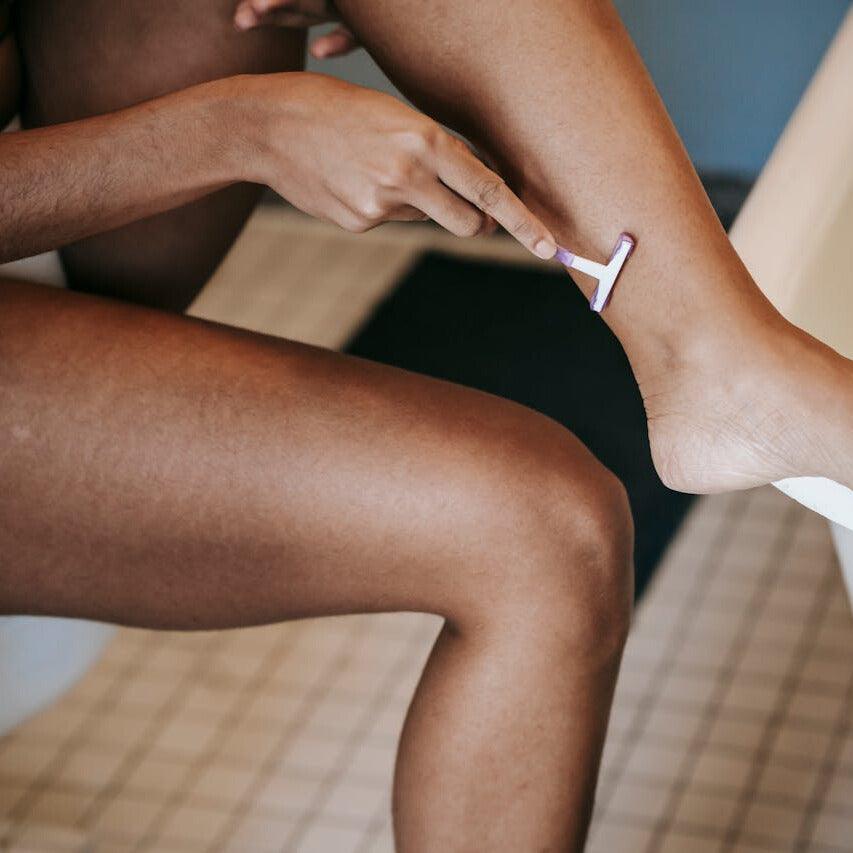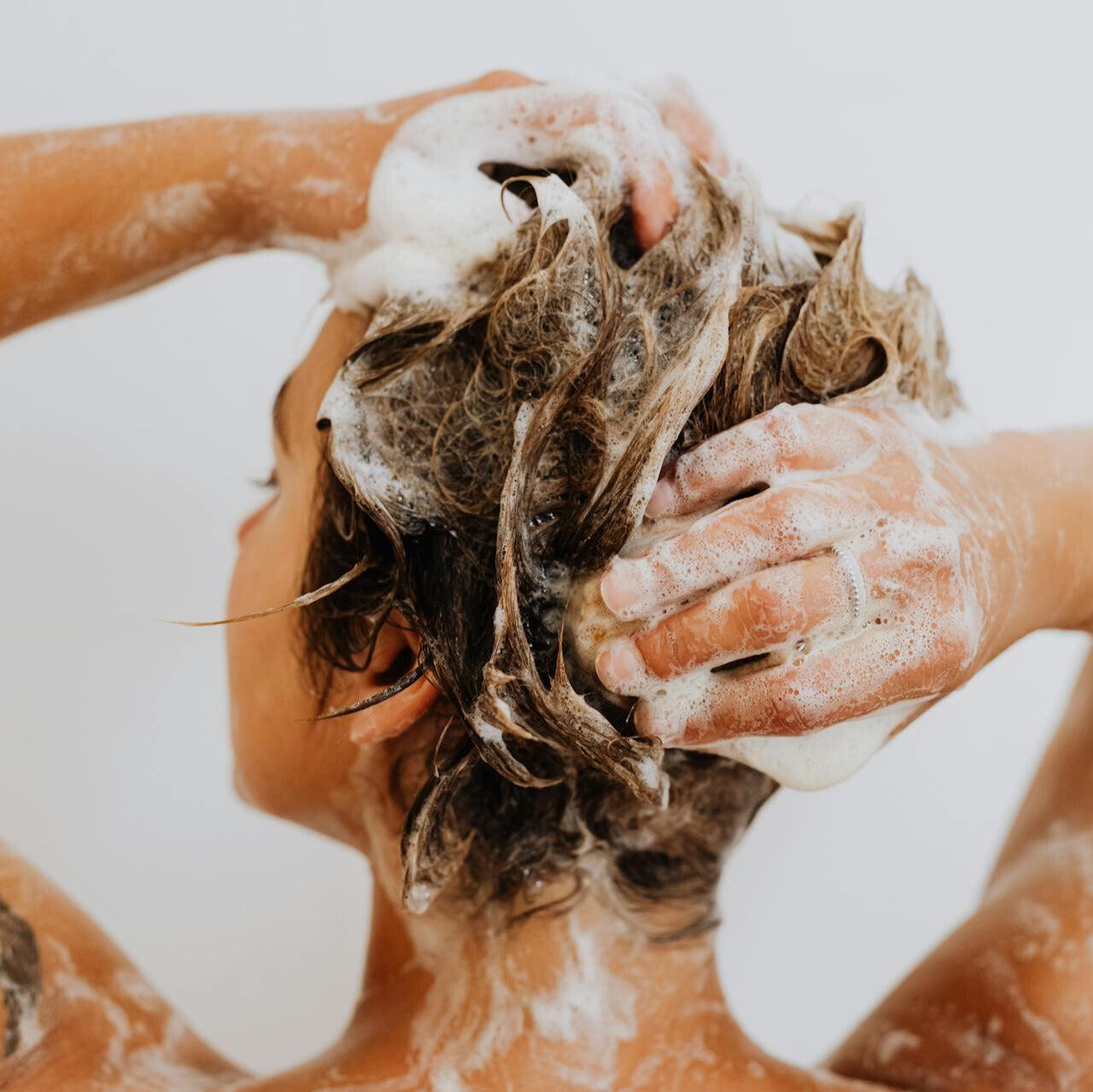Why You Should Think Twice Before Taking It (And What to Do Instead)
Discover the shocking dangers of Accutane prescribed for acne and learn safe, natural alternatives like willow bark, thyme, and holy basil, that work without harming your health.
The Price of Clear Skin – Is It Worth It?
If you’ve struggled with stubborn acne, chances are you’ve heard of Accutane (also known as isotretinoin). For many, it feels like a miracle drug promising the dream of flawless skin. Dermatologists often prescribe it as a last resort when everything else has failed. But what if that “miracle” comes with a price—one that affects not just your skin but your entire body?
Here, we’ll dive deep into the dangers of Accutane, why its risks far outweigh its benefits, and how natural acne treatment options—like OM Botanical’s plant-based solutions featuring willow bark, thyme, and holy basil, —can help you achieve radiant skin without compromising your health.
What is Accutane and Why is It Prescribed?
Accutane is the brand name for isotretinoin, a powerful synthetic derivative of Vitamin A. It’s typically prescribed for severe, cystic acne that hasn’t responded to other treatments. Unlike topical creams or antibiotics, Accutane works systemically, reducing oil (sebum) production, shrinking sebaceous glands, and preventing clogged pores.
Sounds great, right? But here’s the catch: Accutane isn’t just a skin medication; it impacts your entire body because it alters how your cells function. And with that comes a laundry list of serious side effects—some of which can be permanent.
The Alarming Dangers of Accutane You Can’t Ignore
While dermatologists warn about dryness and chapped lips, the real dangers of Accutane go far beyond that. Let’s break them down.
1. Severe Birth Defects
Accutane is one of the most teratogenic drugs known to medicine. Women who take Accutane during pregnancy have up to a 35% chance of severe birth defects, including:
-
Facial deformities
-
Heart abnormalities
-
Intellectual disabilities
Because of this, the FDA requires women to be on two forms of birth control and enroll in the iPLEDGE program just to get a prescription.
2. Liver Damage and High Cholesterol
Accutane is metabolized by the liver, which means it can cause:
-
Elevated liver enzymes
-
Fatty liver disease
-
High cholesterol and triglycerides
Studies show that up to 15% of patients develop abnormal liver function tests during treatment. Long-term consequences can include permanent liver damage.
3. Mental Health Issues: Depression & Suicidal Thoughts
One of the most controversial dangers of Accutane is its link to depression, anxiety, and suicidal ideation. Research has documented thousands of cases worldwide, prompting lawsuits against the manufacturer. While some argue correlation doesn’t equal causation, the risk is too high to ignore.
4. Digestive Disorders (IBD, Crohn’s Disease)
Several studies have found a possible link between isotretinoin and inflammatory bowel disease (IBD), including Crohn’s disease and ulcerative colitis. These are chronic, debilitating conditions that can drastically reduce your quality of life.
5. Joint & Bone Problems
Accutane doesn’t just dry out your skin—it affects connective tissue, leading to:
-
Joint pain and stiffness
-
Bone density loss
-
Premature growth plate closure in teens
Imagine trading clear skin for lifelong arthritis-like pain.
6. Dryness Everywhere (And We Mean Everywhere)
Yes, Accutane will dry your skin—but also your eyes, nose, mouth, and internal tissues. This can lead to:
-
Chronic dry eye syndrome
-
Nosebleeds
-
Vaginal dryness (impacting intimacy and comfort)
Not exactly what you had in mind when you signed up for smooth skin, right?
7. Long-Term Unknowns
Accutane has only been widely used since the 1980s. We don’t fully understand the long-term epigenetic effects, especially since it alters how your skin and oil glands function permanently. Some users report persistent side effects years after stopping the drug.
Why People Still Choose Accutane Despite the Risks
Simple answer: Desperation. Acne can be emotionally devastating, affecting self-esteem, social interactions, and even career opportunities. When you’ve tried every cream and antibiotic without success, Accutane seems like a lifeline.
But here’s the truth: You don’t have to risk your health for clear skin. There are safe, effective alternatives that work from the inside out.
The Natural Path: Why Choose OM Botanical Over Accutane?
Instead of bombarding your body with a synthetic chemical, what if you could nourish your skin back to balance using nature’s pharmacy?
How OM Botanical’s Natural Acne Treatment Works
OM Botanical offers a plant-based, holistic solution designed to:
✔ Reduce inflammation naturally with holy basil and thyme
✔ Gently exfoliate and unclog pores with willow bark, a natural source of salicylic acid
✔ Lighten post-acne scars and hyperpigmentation with licorice extract and niacinamide
✔ Support your skin microbiome, unlike harsh antibiotics or Accutane
✔ Prevent future breakouts and restore balance using full-spectrum herbal extracts
Unlike Accutane, OM Botanical products are:
-
Non-toxic
-
Food-grade (safe enough to eat!)
-
Sustainable and eco-friendly
Comparing OM Botanical vs. Accutane
|
Feature |
Accutane |
OM Botanical Natural Acne Treatment |
|
Effectiveness |
High (but temporary) |
High (with long-term skin balance) |
|
Scar Reduction |
None |
Yes (with licorice & niacinamide) |
|
Side Effects |
Severe & systemic |
None (safe for all skin types) |
|
Cost |
$$$ + lab monitoring |
Affordable, no doctor visits |
|
Environmental Impact |
Negative (synthetic drug) |
Positive (plant-based, sustainable) |
The Science Behind Natural Acne Solutions
Unlike Accutane, which forcibly reduces oil, natural botanicals work with your skin, not against it. Here’s how OM Botanical’s hero ingredients fight acne safely:
-
Willow Bark: Rich in salicin - the precursor to salicylic acid for gentle exfoliation and deep pore cleansing without irritation.
-
Thyme: A potent antibacterial herb that fights Propionibacterium acnes, the bacteria responsible for breakouts.
-
Holy Basil (Tulsi): A revered Ayurvedic herb that calms inflammation and detoxifies skin naturally.
-
Licorice Root Extract: Brightens skin, fades dark spots, and reduces post-acne hyperpigmentation.
-
Niacinamide (Vitamin B3): Improves skin barrier, reduces redness, minimizes pores, and significantly helps fade scars.
This synergistic approach restores skin harmony rather than creating new health problems.
Real Stories: From Accutane Regret to Natural Relief
Many former Accutane users turn to OM Botanical after experiencing lingering side effects or relapses. One customer shared:
“After two rounds of Accutane, my acne came back worse—and my lips were permanently dry. OM Botanical’s one step cleanser and natural acne cream changed everything. My skin is calm, and I feel healthy again!”
FAQs About Accutane and Natural Acne Treatment
Q1: Is Accutane ever safe?
It can work for severe acne under strict medical supervision, but the risks often outweigh the benefits for mild to moderate acne.
Q2: How long does OM Botanical’s natural acne treatment take to work?
Most users see improvement within 2–3 weeks as their skin microbiome restores balance.
Q3: Can natural acne treatment prevent scars?
Yes! Ingredients like licorice extract and niacinamide help reduce scars and brighten skin tone effectively.
Q4: Does natural mean less effective?
Not at all. When formulated properly, botanicals can be just as effective—without the systemic side effects.
Conclusion: Your Skin Deserves Better
Acne is tough—but sacrificing your mental health, liver, and overall well-being isn’t the solution. The dangers of Accutane are real, and the price for clear skin can be devastating. Thankfully, nature offers a better way.
OM Botanical’s natural acne treatment, enriched with willow bark, thyme, holy basil, licorice, and niacinamide, harnesses the power of plant science to clear acne safely, fade scars, and restore balance holistically. Because clear skin should never come at the cost of your health.
